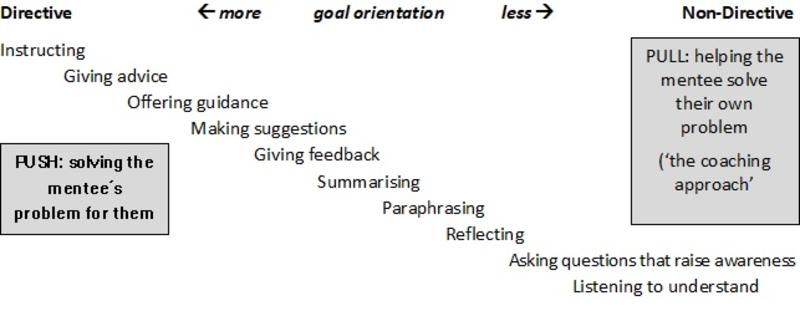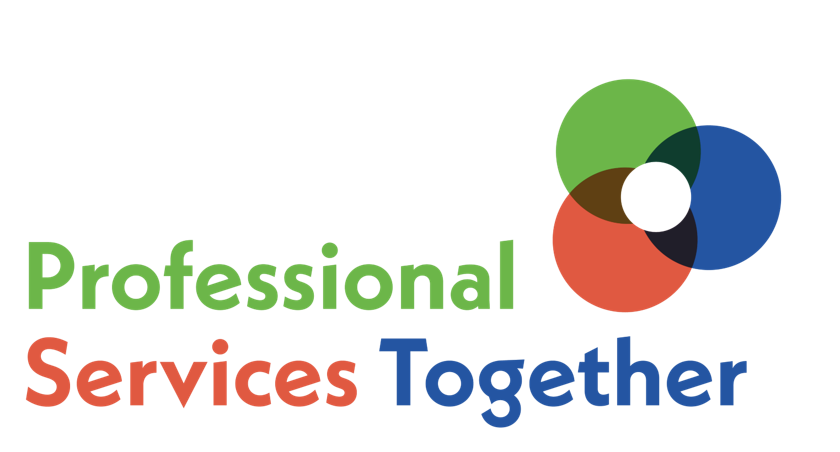Independent Approach
If you've identified a potential mentor independently, it's essential to approach them thoughtfully. Clearly articulate your goals, motivations, and reasons for seeking their guidance. Detailed guidance on initiating mentoring relationships and key considerations can be found here.
Remember, mentors need not always be senior figures; peer mentoring offers valuable opportunities and may be easier to establish. Consider setting up "thinking pairs," a concept outlined by Nancy Kline in Time to Think: Listening to Ignite the Human Mind. This method fosters equality between partners and is well-suited to peer mentoring. You can find instructions for ‘thinking pairs’ sessions online, for example by the Organisation Development agency or Southampton University. Thinking pairs is particularly well-suited to peer mentoring as the principles of the ‘Thinking Environment’ ensure equality between the partners.
When establishing an independent mentoring arrangement, draft an informal agreement outlining:
- Meeting frequency
- Expectations of each other
- Confidentiality protocols
- Communication channels (e.g., face-to-face, email, phone)
- Meeting locations (ensuring privacy and comfort for both parties)
- Review and conclusion processes
- Any other pertinent agreements
Through Formal Schemes
Many departments, faculties, and divisions offer mentoring schemes that provide structured support. Joining these schemes can be advantageous, as they offer organiser support and opportunities for shared learning among mentees.
Through Organisational Support
If you're unsure where to find a mentor or lack specific preferences, seek assistance from your line manager or departmental HR. They can offer insights into suitable mentoring arrangements or connect you with relevant resources within your department, faculty, or division.




